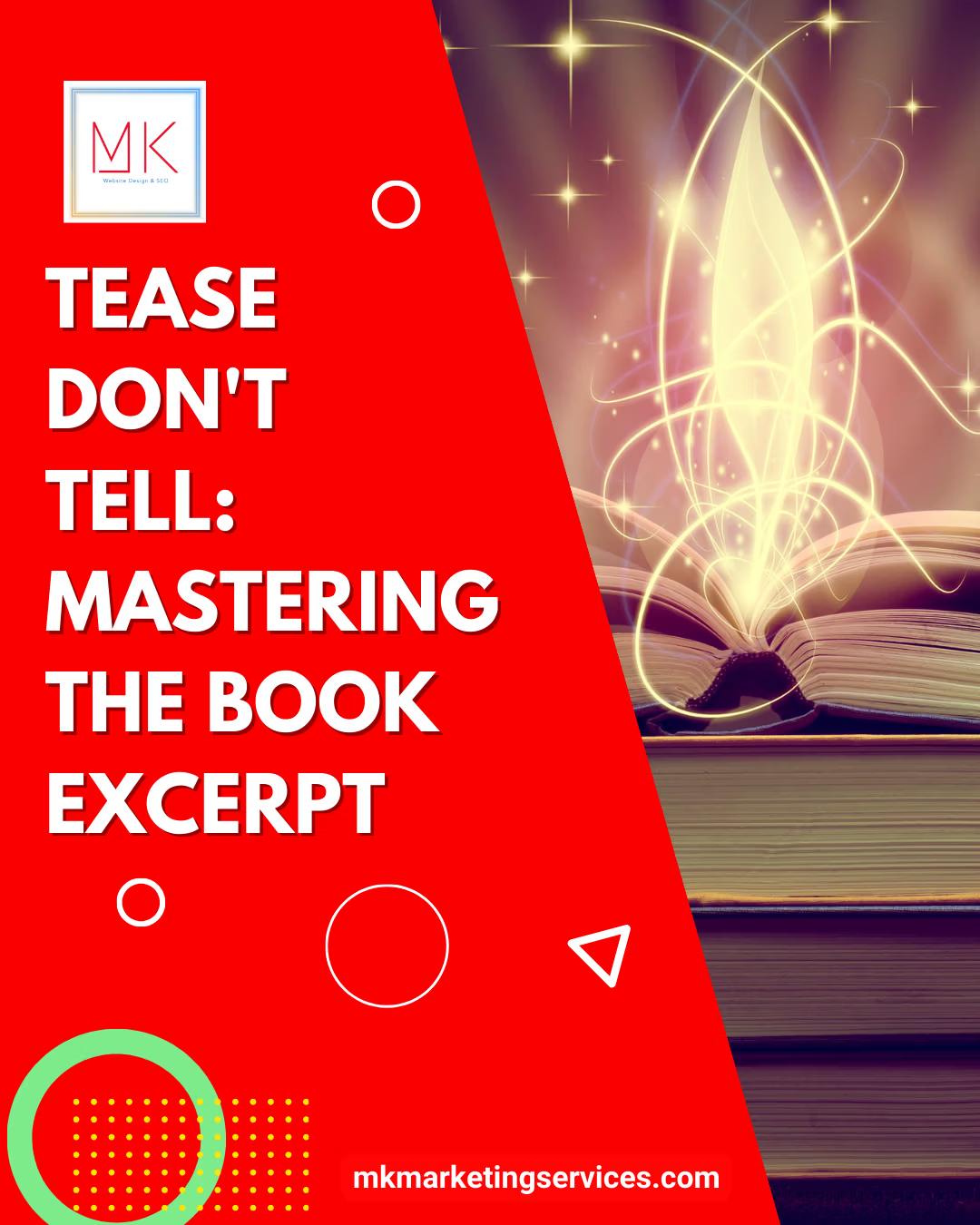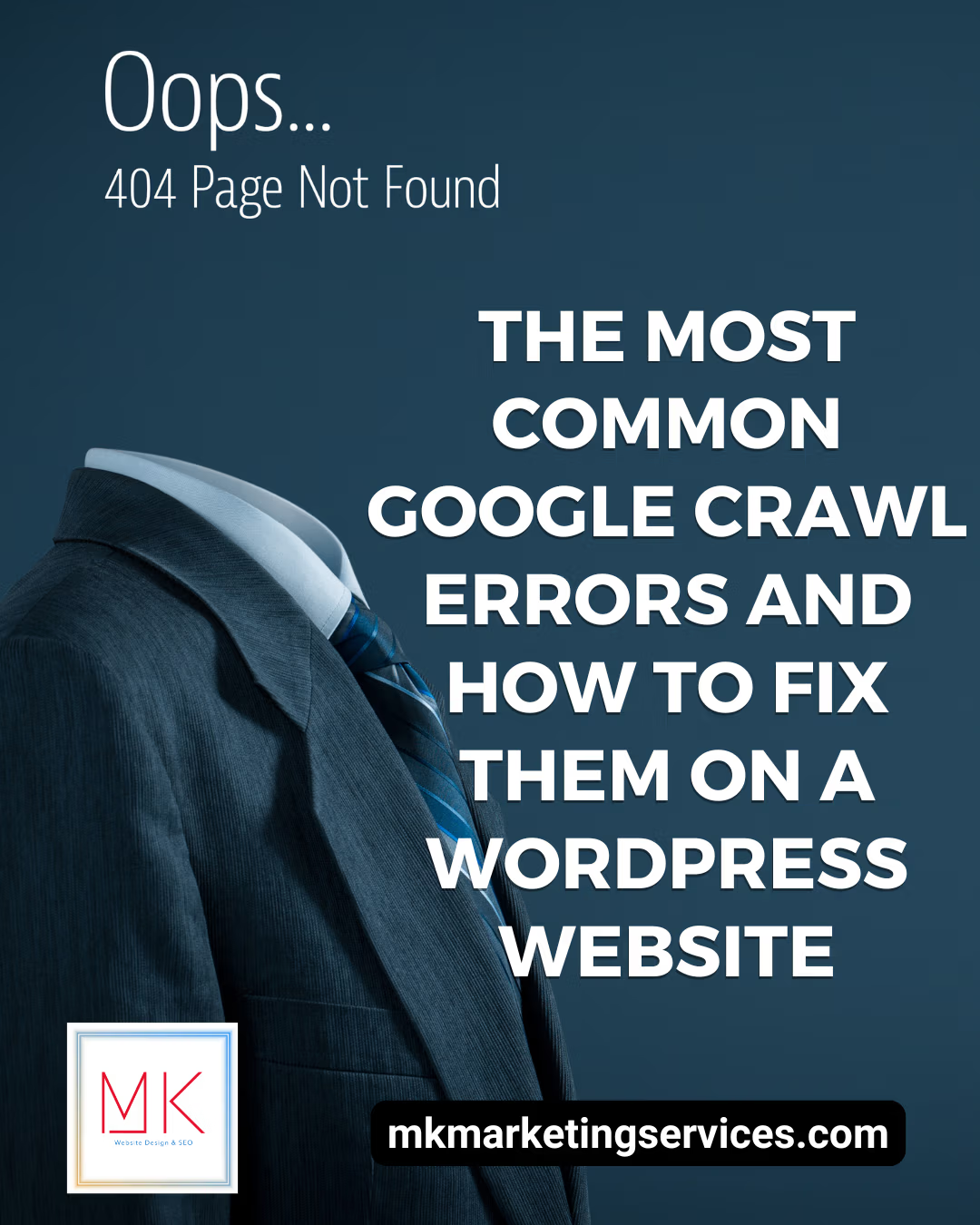Absolutely! I’d need more context about your book to give you the most tailored advice. Here’s the information that would be helpful:
1. Genre: Is it fiction (mystery, sci-fi, romance, etc.) or non-fiction (self-help, history, memoir, etc.)?
2. Target Audience: Who is your ideal reader? Consider their age, interests, and what excites them about reading.
3. The Hook of Your Book: What is the core idea, question, or captivating element makes your book unique and compelling?
Once you have that info, here’s how we can brainstorm excerpt options:
Potential Excerpt Starting Points
- A Moment of High Action/Suspense: Choose a scene where the stakes are high, a conflict comes to a head, or your character faces a crucial decision.
- A Moment of Revelation: Is there a moment where a secret is revealed, the protagonist has a life-changing insight, or the overall direction of the story pivots dramatically?
- Introducing Your Main Character: Choose a passage that showcases your protagonist’s personality, their voice, and the unique challenges or traits they possess.
- Thematic Excerpt If you have a strong underlying theme (love, loss, justice, etc.), pick a passage that explores it beautifully.
- World-Building: If your world is unique (fantasy, sci-fi, specific historical period), an excerpt that immerses readers in the setting can be intriguing.
Here’s a collection of tips to help you master the art of the book excerpt:
Core Principles
- The Excerpt is a Sales Tool: Its primary goal is to entice readers, not explain the whole story. Think of it like a movie trailer that gives a taste without spoiling the plot.
- The Hook Wins: Your opening lines matter immensely. Start with action, a startling question, an evocative description, or even intriguing dialogue.
- Your Voice is Your Brand: Your writing style is just as important as what’s happening in the excerpt. Let your unique personality shine through.
- Leave Them Wanting More: A great excerpt offers a satisfying taste, but also strategically leaves room for mystery and unanswered questions.
Choosing Your Excerpt Wisely
- Conflict is Key: Look for scenes of tension, difficult decisions, or moments where the stakes are high.
- Character Focus: Choose a passage that highlights a compelling character, whether it’s your protagonist or a fascinating side character.
- Thematic Moments: If your book has a strong theme (e.g., redemption, the power of friendship), find a passage that encapsulates this idea beautifully.
- Stand-Alone Factor: Even without reading the whole book, your excerpt should ideally create a brief, self-contained experience.
Logistics and Formatting
- Length Matters: Choose the right length for your excerpt’s purpose (see the previous discussion on short vs. long excerpts for guidance).
- Context is Crucial: Offer enough basic information (character names, setting) to prevent readers from being confused.
- Clean and Clear: Double-check your excerpt for typos, grammar, and smooth flow.
- Cite Properly: Include a clear note of where the passage falls in your book (ex: “From Chapter 5 of…”)
Bonus Tips
- Get Feedback: Ask beta readers or other writers if your excerpt makes them want to read the whole book.
- Consider Multiple Excerpts: You may have different excerpts for different purposes (social media vs. website).
- Experiment: Don’t be afraid to try different scenes until you find the ones that click.
Additional Tips
- Voice is Key: Even if you choose a scene without huge plot action, ensure the excerpt showcases your unique writing style.
- Context Matters: While an excerpt should be enticing, don’t leave potential readers totally confused. Offer enough context to make the scene understandable.
Let’s Get Specific!
Feel free to share details about your book, and I’ll be happy to offer specific excerpt suggestions.













